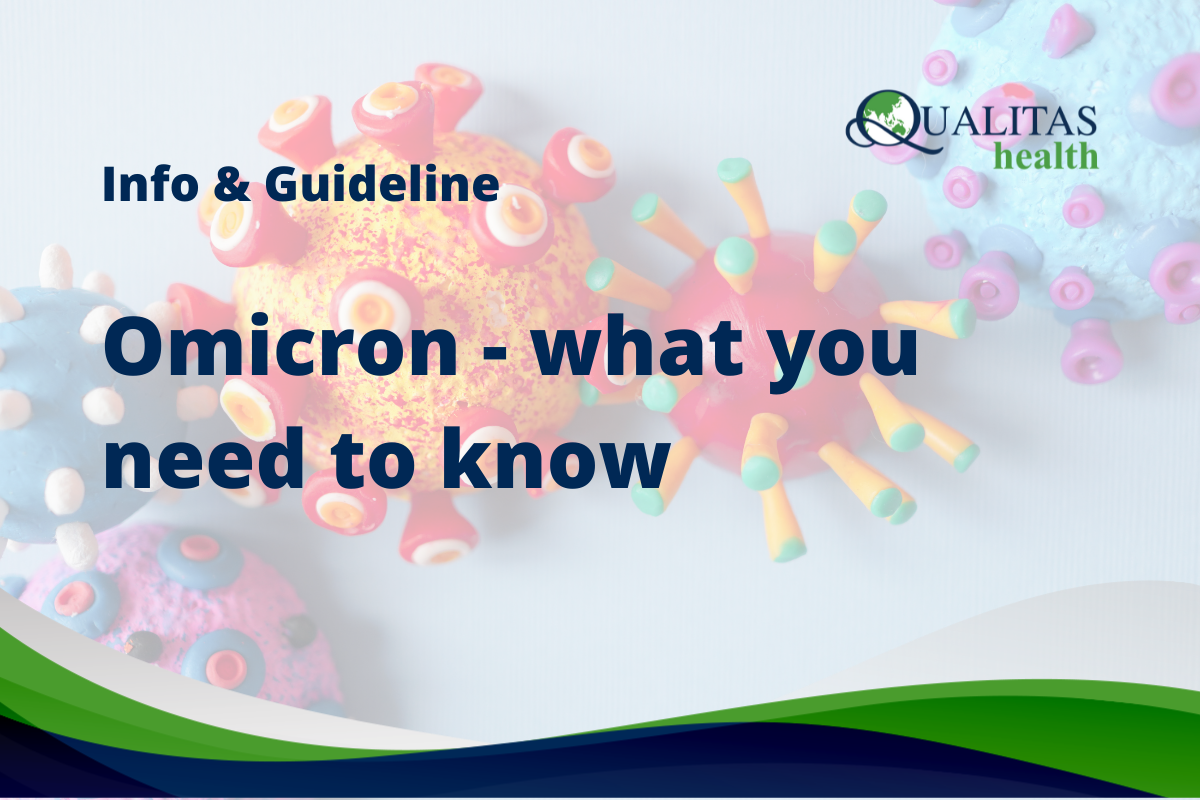All viruses change over time. We all know that the SARS-CoV-2 virus, which causes COVID-19, has had quite a few variants since it first emerged in 2020. These changes affect different properties of the virus, such as the how easily it spreads, the associated diseases’ severity and even the performance of vaccines.
So far, five variants have been detected, including Omicron. The current dominant variant (the most widespread) is Delta. Reducing transmission through proven methods, such as vaccination, is one of the crucial aspects of the WHO’s and all government’s strategy of dealing with all variants.
What we know about Omicron
The latest variant – Omicron – was first identified in November 2021. As with previous variants, the World Health Organization (WHO) and its network of international experts have been monitoring and studying Omicron to identify its behaviour and inform the world about how they may respond to it.
Spread
Though it is not yet clear whether the Omicron variant is will spread more easily than the original virus, there is a possibility that it might, just like previous variants (for example, Delta). Researchers around the world are currently conducting studies to understand Omicron’s spread.
Severity of disease
Studies are still ongoing on whether Omicron causes a more severe disease than the other variants. Though the WHO has not confirmed it, the US Center for Disease Control has warned citizens to be aware that the Omicron variant may spread even to people who have been vaccinated, though they are likely to experience milder symptoms than the unvaccinated or not show symptoms at all. They will, however, remain in an infectious state.
Vaccinations
Current vaccines are expected to protect against severe illness and deaths due to infection with the Omicron variant. However, because the Omicron variant may spread more easily, vaccinated people may still be infected, though with less severe symptoms. Vaccinations remain the most effective way to reduce severe disease and death, including against the dominant circulating variant, Delta.
Recommended actions for countries
The WHO recommends that countries continue to implement effective public health measures to reduce COVID-19 circulation, using risk analysis and a science-based approach. Countries are also encouraged to share reports and research.
Recommended actions for people
The most effective steps to reduce the spread of the COVID-19 virus in any of the variants is to
- Keep a physical distance of at least 1 metre from others
- Wear a well-fitting mask
- Open windows to improve ventilation
- Avoid poorly ventilated areas or crowded spaces
- Keep hands clean
- Cough or sneeze into a bent elbow or tissue
- Get vaccinated
Information sources: World Health Organization, Centre for Disease Control


